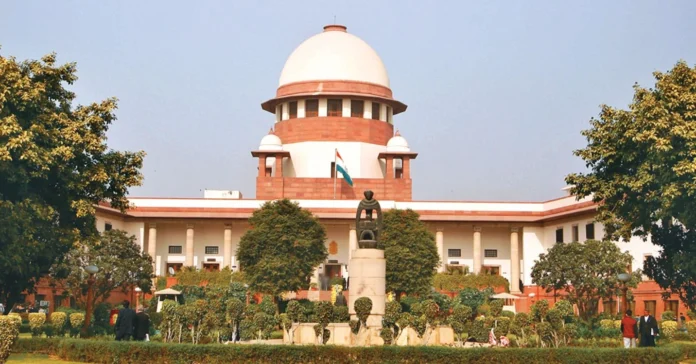Prosecution U/s 138 NI Act Fails If Accused Succeeds In Raising Defence Sufficient To Create Doubt About Existence Of Legally Enforceable Debt

The Jammu & Kashmir and Ladakh High Court explained that the Prosecution under Section 138 of the NI Act fails if an accused succeeds in raising a defence sufficient to create a doubt about the existence of a legally enforceable debt.
The Court dismissed an Appeal against a judgment of the Trial Court, which had dismissed the complaint preferred by the Appellant and acquitted the Respondent of the charge under Section 138 of the Negotiable Instruments Act, 1881 (NI Act).
A Single Bench of Justice Rajesh Sekhri remarked, “For what has been observed and discussed, what comes to the fore is that the accused need not enter the witness box to rebut the statutory presumptions under Sections 118 and 139 of NI Act and prove his defence beyond reasonable doubt. The standard of proof on the accused, in such cases, is mere “preponderance of probabilities”. An accused can show the preponderance of probabilities by way of direct evidence or circumstantial evidence or presumption of facts under Section 114 of Evidence Act or he may choose to rely upon the case set out by the complainant or the evidence adduced by him during the trial. Prosecution fails, if accused succeeds to raise the defence, sufficient to create a doubt about the existence of legally enforceable debt. It is also incumbent upon the accused to prove his source of income, in case it is questioned by the accused during the trial.”
Senior Advocate R.S. Thakur appeared for the Appellant, while Advocate Rahil Raja represented the Respondent.
Brief Facts
The gravamen of the charge against the Respondent was that he borrowed an amount of Rs. 20 lakhs from the Appellant and, in lieu, issued a cheque drawn on the Citizens Co-operative Bank Ltd. The cheque was presented for encashment but was dishonoured by the bank due to insufficiency of funds. The Appellant then issued a legal notice to the Respondent, demanding payment of the cheque amount. Upon the Respondent’s failure to make the payment, the Appellant filed a complaint before the Trial Court under Section 138 of the NI Act.
During the proceedings, the Trial Court had observed that the complainant (Appellant) had failed to prove his financial capacity to advance such a huge loan of Rs.20.00 lacs to the accused and that there is no material on record to substantiate that the complainant was having source of income from which such an amount could have been advanced by him.
Court’s Reasoning
The High Court noted that the “accused need not enter the witness box to rebut the statutory presumptions under Sections 118 and 139 of NI Act and prove his defence beyond reasonable doubt.” The standard of proof on the accused, in such cases, is “mere preponderance of probabilities“.
An accused can show this by “way of direct evidence or circumstantial evidence or presumption of facts under Section 114 of Evidence Act or he may choose to rely upon the case set out by the complainant or the evidence adduced by him during the trial,” the Bench stated.
The Court reiterated that “Prosecution fails, if accused succeeds to raise the defence, sufficient to create a doubt about the existence of legally enforceable debt.” It also stated that “It is also incumbent upon the accused to prove his source of income, in case it is questioned by the accused during the trial.”
The Court found that the trial court’s “observations are well founded and well reasoned.” The Court emphasised that “it is incumbent upon the complainant to prove his financial capacity at the time of advancing loan to the accused, particularly when the accused has disputed the financial capacity of the complainant.”
The Court referred to a Supreme Court judgment in Basalingappa v. Mudibasappa, which held that “when the accused has come forward to dispute the financial capacity of the complainant, then the onus is on the complainant to prove his financial capacity.”
Consequently, the Court ordered, “Having regard to the aforesaid, I do not find any illegality or impropriety muchless perversity in the impugned judgment of acquittal recorded by learned trial court. Hence, present appeal being devoid of merit is dismissed and impugned judgment is upheld.”
Accordingly, the High Court dismissed the Appeal.
Cause Title: Jagdish Raj Gupta v. Parshotam Gupta (CRAA No. 243/2014)
Appearance:
Appellant: Senior Advocate R.S. Thakur; Advocate Vasharan Thakur
Respondent: Advocates Rahil Raja and Athrav Mahajan




